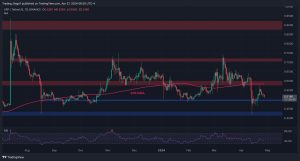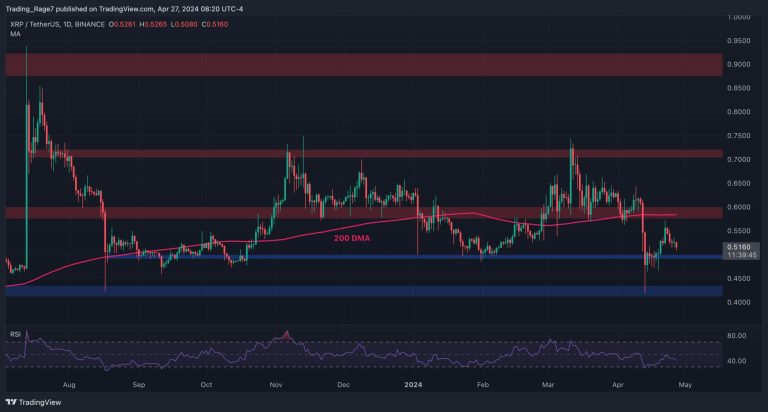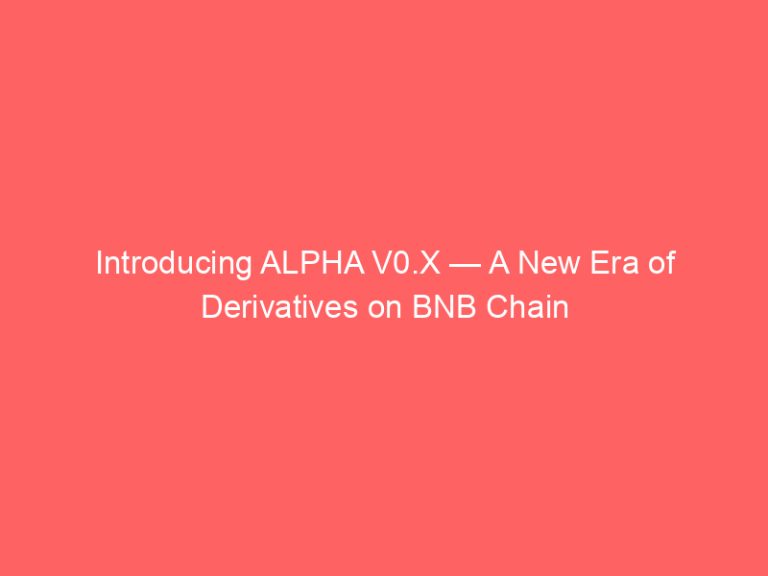Grayscale, the owner of the world’s largest Bitcoin fund, has grown even more frustrated with the U.S. Securities and Exchange Commission (SEC) after the regulator approved a leveraged Bitcoin futures ETF last month.
The firm has taken its complaint to the court, arguing that the approval strengthens its case that the SEC’s denial of its Bitcoin spot ETF application is “discriminatory.”
2X Futures VS Spot: What’s Riskier?
In a letter to the Court of Appeals for the DC Circuit on Monday, Grayscale explained the risks involved with the Volatility Shares’ 2x Bitcoin Strategy ETF (BITX), which the SEC allowed to begin trading on June 27.
The leverage product, which raised eyebrows in the crypto industry weeks ago, seeks to double the performance of the S&P 500 CME Bitcoin Futures Daily Roll Index each day.
“As a result, it exposes investors to an even riskier investment product than traditional Bitcoin futures exchange-traded products, which encompass risks related to both the futures and spot bitcoin markets,” Grayscale wrote.
Since October 2021, the SEC has approved an array of Bitcoin Futures ETFs for public trading, including a short-linked ETF last year. At the time, Grayscale CEO Michael Sonnhenshein saw the approval optimistically, believing the SEC was growing more comfortable with Bitcoin-related products across the board.
Days later, however, the agency denied Grayscale’s filing to convert the Grayscale Bitcoin Trust (OTCMKTS: GBTC) into a spot ETF, arguing that the underlying Bitcoin spot market contains risks of market manipulation that could harm investors.
Yet according to Grayscale, the recently approved BITX is much riskier: the fund’s registration statement itself states that it “may only be suitable for knowledgable investors,” and that such investors could “potentially lose the full value of their investment within a single day.”
The Case Against The SEC
The registration statement noted that the ETF invests in CME Bitcoin futures contracts, whose value “depends on, or is derived from, the underlying reference asset” – ie. “bitcoin.”
One of Grayscale’s core legal arguments against the SEC is that CME Bitcoin Futures – the market with which it intends to form a surveillance-sharing agreement (SSA) for its spot Bitcoin ETF – are directly linked to the Bitcoin spot market.
While the SEC has argued otherwise, judges overseeing the case appeared more sympathetic to Grayscale’s arguments during oral arguments in March.
“The only way to eliminate the SEC’s unequal treatment of bitcoin-based ETPs is to allow proposed spot Bitcoin ETPs like Grayscale’s to begin trading,” concluded the company.
Bitcoin surged last month after asset management giant BlackRock filed for a Bitcoin spot ETF, stoking optimism that it might be the first to please the SEC. Unlike Grayscale, the company has confirmed that it will form a SSA with the spot Bitcoin exchange Coinbase.
Uncertainty around BlackRock’s filing still looms, however: commercial litigator Joe Carlasare told CryptoPotato this month that Coinbase may not be considered adequate by the SEC for detecting market manipulation, since it only comprises ~2% of global Bitcoin trading volume.
The post Grayscale Calls Out SEC For Approving Leveraged Bitcoin Futures ETF While Denying Spot appeared first on CryptoPotato.
















